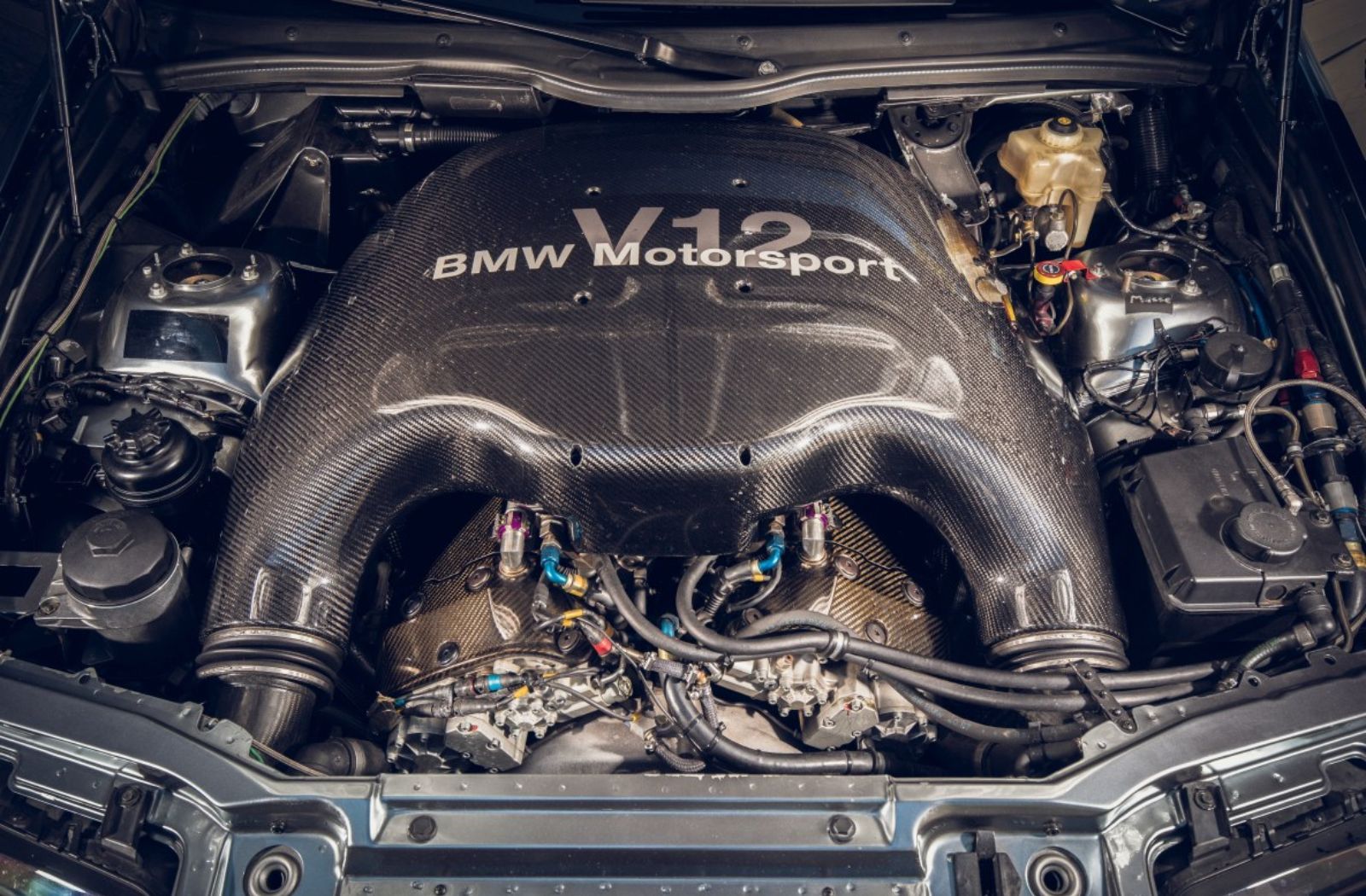Leading 5 BMW Engine Technologies Reinventing the Automotive Industry
Leading 5 BMW Engine Technologies Reinventing the Automotive Industry
Blog Article
Unveiling the Intricacies of Next-Generation Power Units: a Deep Dive Into Advanced Engine Designs and Technologies
As we stand on the precipice of a new age in transportation, the intricacies of next-generation engine styles beckon us to check out the sophisticated modern technologies and technologies that promise to redefine the driving experience. Delving deeper into the realms of discharge control, smart engine management systems, and the horizon of power system growth, we locate ourselves on the cusp of an improvement that promises to reshape the landscape of flexibility as we recognize it.
Development of Engine Products

The shift towards advanced engine products has actually also allowed engineers to create engines with higher power outputs while keeping fuel efficiency standards. For instance, using light-weight materials lowers the total weight of the engine, causing improved gas economic climate and reduced emissions. In addition, developments in products modern technology have actually enabled better thermal monitoring within engines, causing increased reliability and long life.
Turbocharging and Supercharging Technologies
How do Turbocharging and Supercharging Technologies change engine efficiency and efficiency in modern automobiles? Turbocharging and turbo charging are technologies that significantly enhance engine performance by increasing the amount of air intake right into the burning chamber. Turbocharging attains this by utilizing a generator driven by exhaust gases to pressurize the intake air, while turbo charging makes use of a belt- or chain-driven compressor to accomplish the very same result.
These modern technologies allow smaller, a lot more fuel-efficient engines to create power equivalent to bigger ones, called downsizing. By compeling more air into the cylinders, turbo charging and turbocharging enhance burning effectiveness, resulting in increased horse power and torque outcome without a considerable boost in engine dimension. This brings about much better acceleration, towing capacity, and total driving efficiency.
In addition, turbocharging and turbo charging add to boosted fuel efficiency by enabling the use of smaller engines that consume much less fuel under regular driving problems - bmw engine. This mix of boosted efficiency and efficiency has made turbocharging and turbo charging indispensable components of many modern-day engine layouts
Exhaust Control and Environmental Effect
With increasing global worries regarding air quality and environmental sustainability, the execution of exhaust control innovations in cars plays a critical role in lowering unsafe contaminants launched into the environment. Modern cars are geared up with innovative exhaust control systems that aid minimize the environmental effect of auto operations. Catalytic converters, as an example, are designed to convert toxic gases such as carbon monoxide, nitrogen oxides, and hydrocarbons right into much less damaging compounds like co2 and water vapor.
Additionally, advancements in engine technology, such as the assimilation of exhaust gas recirculation systems and selective catalytic decrease, have actually substantially added to lowering exhausts. These modern technologies operate in tandem to enhance burning performance and lessen the release of harmful contaminants into the air. In addition, the advancement of hybrid and electrical vehicles stands for a vital action towards minimizing the total environmental impact of the transportation industry.
Intelligent Engine Administration Equipment

Furthermore, these systems allow lorries to meet stringent emissions requirements without compromising performance, supplying a much more eco-friendly driving experience. The combination of man-made intelligence and artificial intelligence capabilities in engine management systems remains to press the limits of what is possible, leading to further improvements in efficiency, dependability, and total automobile performance. bmw engine. As auto innovation advances, intelligent engine monitoring systems will certainly play a vital duty fit the future of transport towards a more sustainable and effective direction
Future Trends in Power Unit Development
As smart engine administration systems lead the way for improved control and optimization in modern vehicles, future trends in power system advancement are poised to redefine the landscape of automobile propulsion innovations. These alternate power sources offer boosted performance and performance while straightening with rigorous environmental laws.
An additional significant fad is the assimilation of advanced materials and making methods. Lightweight products such as more tips here carbon fiber and aluminum are being utilized to reduce total vehicle weight, improving gas efficiency and click for more info performance. Furthermore, innovations in 3D printing and additive production are enabling the production of complex engine elements with higher precision and toughness.
Additionally, expert system and artificial intelligence are playing an essential function in maximizing power unit efficiency. These modern technologies permit real-time monitoring and flexible control, causing a lot more efficient and dependable power delivery. Overall, future patterns in power unit development are tailored towards sustainability, efficiency, and performance, driving the automobile industry in the direction of a brand-new period of propulsion modern technologies.

Conclusion
In conclusion, the improvements in engine products, turbocharging, exhaust control, and intelligent monitoring systems have actually led the way for next-generation power units. These innovations have not just improved efficiency and performance however also reduced environmental effect. As innovation remains to develop, future patterns in power device advancement are most likely to focus on more boosting sustainability and maximizing power output. The detailed designs and technologies in contemporary engines showcase the recurring advancement of vehicle innovation.
Exploring the dynamic improvements in engine materials has actually been critical in boosting the performance and performance of contemporary engines. Over the years, the evolution of engine materials has actually played a crucial role in pressing the borders of what engines can accomplish.The change in the direction of visit our website advanced engine products has likewise allowed engineers to develop engines with greater power outputs while maintaining fuel efficiency standards.The execution of smart engine monitoring systems in modern-day vehicles has actually transformed the way engines are managed and enhanced for performance and effectiveness. By collecting information in real-time and analyzing it with sophisticated formulas, intelligent engine monitoring systems can adjust to driving designs, ecological variables, and engine health and wellness to optimize power outcome while reducing gas consumption and emissions.
Report this page